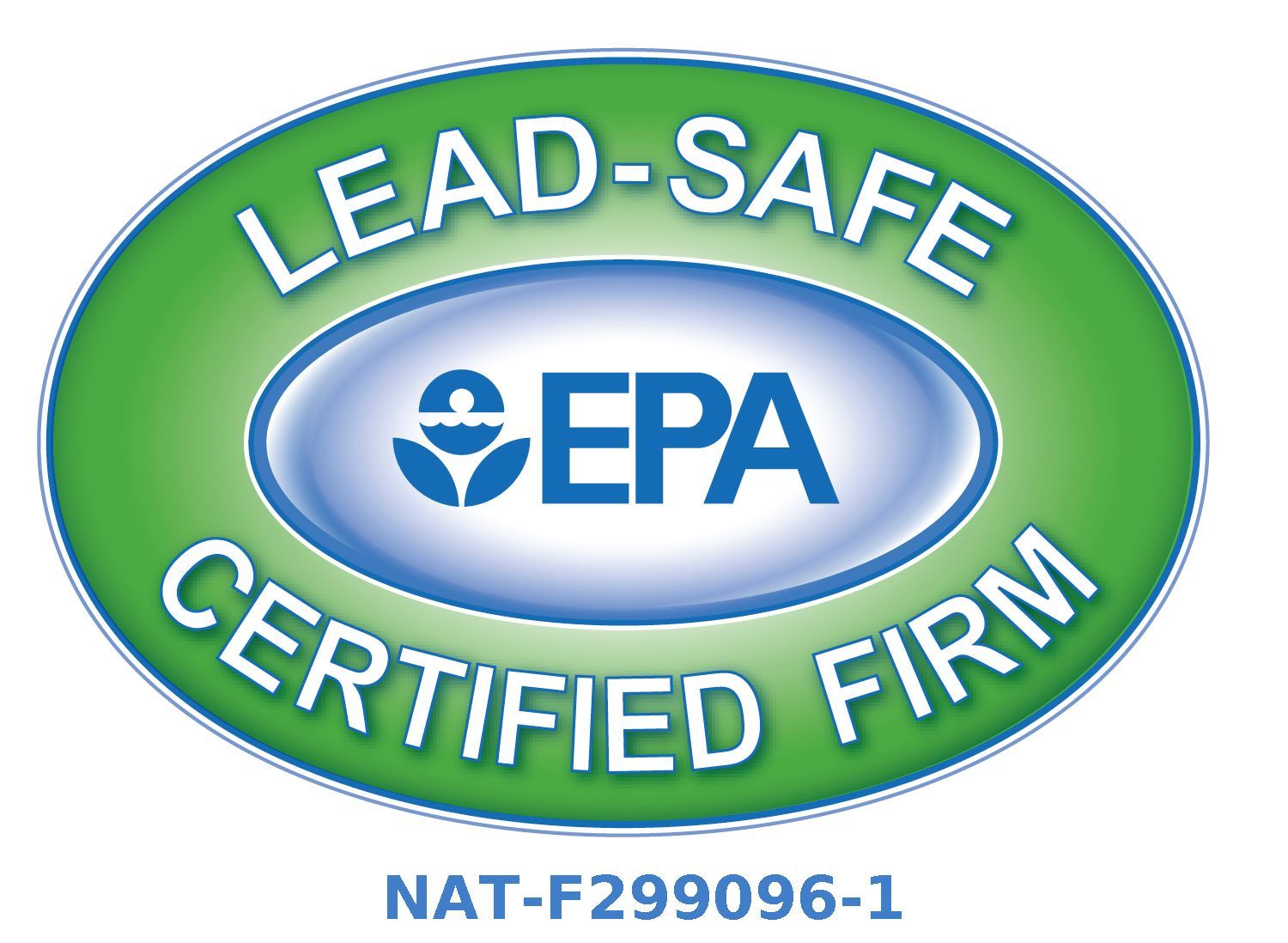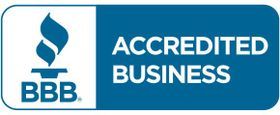
Commercial Mold Removal & Asbestos Abatement Services
HIRE HATHAWAY ENVIRONMENTAL TO CLEAN UP YOUR COMMERCIAL PROPERTY IN SOLON, LAKEWOOD, CLEVELAND, OH & THE SURROUNDING AREA
Many properties in Northeast Ohio are especially susceptible to mold damage due to their age and condition. If you suspect that your commercial building has been infested by dangerous mold, call Hathaway Environmental to come inspect the indoor air quality with a spore trap. If mold is detected in your building, we will assess the situation thoroughly, put our plan into action, and get right to work to removing the mold from its source and putting measures into place to make future growth much more difficult.
Taking the proper steps to have mold removed from your commercial building ensures the safety of your employees and it's occupants.
ASBESTOS TESTING & REMOVAL IN COMMERCIAL BUILDINGS
Cleveland, OH and the surrounding area are no stranger to former projects that used asbestos building materials in their construction. Building materials like asbestos containing Pipes, Siding, Roofing, Insulation, Plaster, Flooring and many others. Since its ban in 1977, the negative effects of asbestos have come to surface more each year.
Since Asbestos can only be detected using laboratory testing, we will gather samples and come up with a plan for removal right away. Hathaway environmental has been restoring homes and business in the Cleveland area for over 15 years. Our experts are licensed and insured, as well as OSHA certified.

How Can I Tell If There’s Asbestos in the Office?
Asbestos is not dangerous unless it is disturbed, as asbestos-related illnesses like mesothelioma and lung cancer are brought on by the fibers that have been disturbed. Once in the air, the fibers may be inhaled into your lungs and won't immediately harm you. Sadly, there is currently no treatment for asbestos-related disorders, which typically do not manifest themselves until much later in life. Although it's natural to believe that if you work in a more recent office building, you're secure from the threat of asbestos, this isn't always true. Since the use of asbestos was not completely outlawed until 1999, only buildings built after that year are certain to be asbestos-free.
Most of the time, unless an inspection has been done, it is hard to tell if there is asbestos in your workplace. The existence of asbestos, however, should only be a worry if extensive construction or restoration work is underway because it poses no harm unless disturbed. An asbestos registry listing all known or suspected asbestos in the workplace is necessary for buildings constructed prior to a specified date. To guarantee that the asbestos stays undisturbed, the register should be reviewed before beginning any construction work, including maintenance and small alterations.
Where is it Most Common to Find Asbestos?
Due to their fragility, some asbestos-containing products are more likely to be dangerous than others. Such materials will differ in their levels of asbestos usage. The following are the places at work where asbestos is most likely to be found:
- Paper and cardboard that are used to protect electrical equipment.
- Vents, walls, and insulation panels
- Rainwater pipelines, water tanks, wall covering, and roofing
- Boilers and pipelines with insulation
- Tiled floors and ceilings
You probably won't be exposed to asbestos at work, so there's usually no need to worry about it. On the other hand, if there have been signs of asbestos in your workplace, let management know so that
professional asbestos testing and abatement
may be done by specialists.
Asbestos Management in Commercial Buildings
Asbestos is a major environmental hazard in commercial buildings, particularly those constructed prior to 2000. Asbestos fibers constitute a substantial health danger for building inhabitants once they become airborne, causing severe lung sickness if breathed. If you lease, operate, or own a commercial facility, you should be aware of the presence of asbestos and how to keep asbestos from corrupting the indoor environmental conditions of your building.
Knowing the construction codes for managing asbestos-containing materials safely and knowing who is accountable for adhering to those codes are essential if you think that your structure contains such materials. Asbestos is assumed to exist inside several common construction materials for structures built in 1980 or earlier, according to the Occupational Health & Safety Administration, until proven differently by certified examination. This is crucial to keep in mind when maintaining a structure since, if necessary precautions aren't taken, even little repairs might expose residents to airborne asbestos.
Property owners are accountable for the tenants of their buildings' safety, and asbestos exposure should be at the top of their list of dangers to keep away from. Leases and maintenance agreements, however, could transfer accountability. Given the prevalence of asbestos, efficient and trustworthy methods for asbestos detection and removal are necessary for the protection of building occupants. To safeguard others and yourself, make sure you are aware of who is in charge of preventing asbestos from being present in the workplace.

Does Your Office Have Mold?
Workplace mold may have a serious negative impact on both employees' health and business operations. No one likes to work in a moldy environment unless they are a scientist researching mold. Mold, however, is a normal component of the environment. The fungus is pervasive, particularly now that businesses are reopening and returning to their regular schedules. You need to know how to prevent mold exposure if you spend all of your working hours at the workplace.
Mold decomposes organic stuff outside, including dead animals, uprooted trees, and fallen trees. Without this essential organism, there wouldn't be food items like cheese or medications like penicillin. Mold shouldn't be present inside the structure, though. When the fungus starts consuming any substance, issues might arise. The infestation may alter the odor, appearance, and structural soundness of wood-framed structures. Anywhere there is organic matter and a little moisture, mold can grow inside the structure. Humidity, raindrops, floods, condensation, and pipe leaks might all be to blame for this.
Can Indoor Workplace Mold Cause Health Problems?
Office moisture and mold exposure can have serious health effects. More workers are growing more worried as the general public becomes more aware of the negative health impacts of mold exposure. Just like house mold, mold in the office can trigger the conditions below:

With Hathaway Environmental, You’re in Good Hands!
Asbestos was once a miracle material that was often used to manufacture heat and chemical-resistant building supplies. However, now that people are conscious of the dangers posed by asbestos, they are attempting to eradicate it from their residences, places of employment, and other public areas. If you or a member of your team is worried about asbestos exposure, or if your management has plans to renovate or demolish parts of your workplace, get in touch with Hathaway Environmental right immediately for a free evaluation.
We've also been providing extensive mold removal and ventilation services for 15 years, utilizing the best tools and expert methods.
You may rely on Hathaway Environmental to get rid of the mold in all areas of your company. The knowledgeable specialists at Hathaway Environmental are aware of the potential dangers of asbestos and mold. We thus make a strong effort to swiftly remove any dangerous items. We'll go through our removal methods so you can trust that we can quickly provide you with a business free of toxins. As soon as you can,
make an appointment with one of our professionals!






